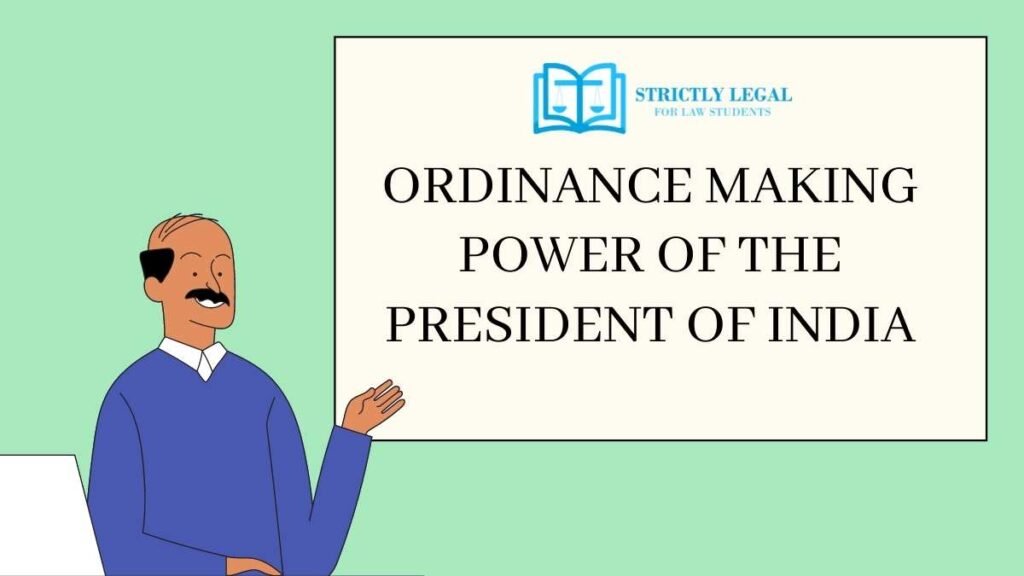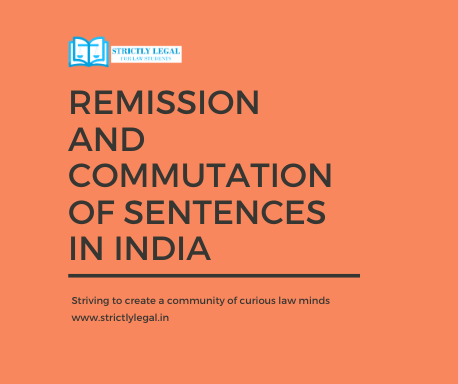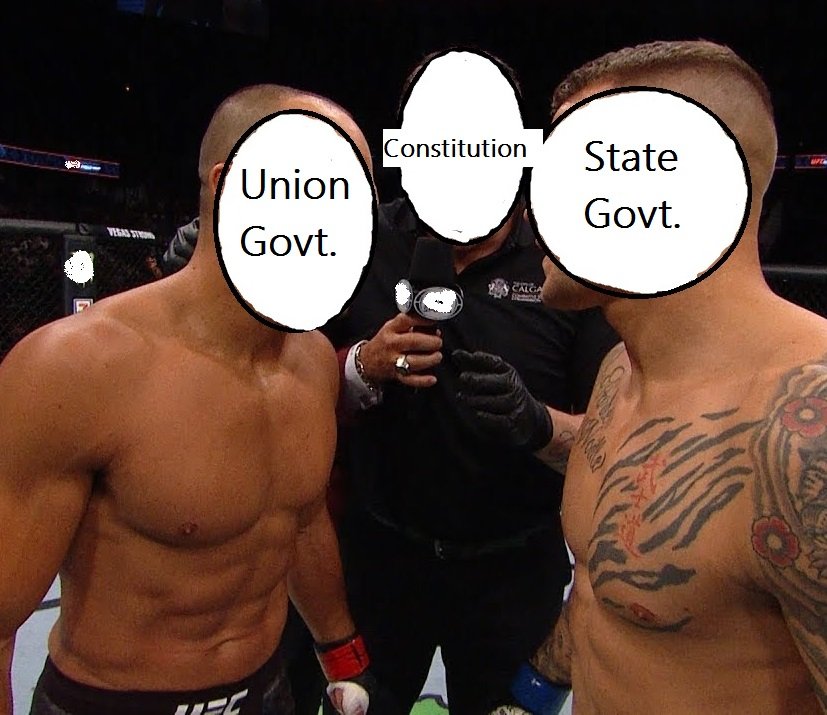Ordinance Making Power of the President of India
Ordinance Making Power: The President of India has been given emergency powers to promulgate ordinances in situations where the Houses of Parliament are not in session. The ordinance-making power is an enabling provision, viz., a substantive part of the constitution from which certain specified consequences follow and it does not purport to be a complete […]
Ordinance Making Power of the President of India Read More »










